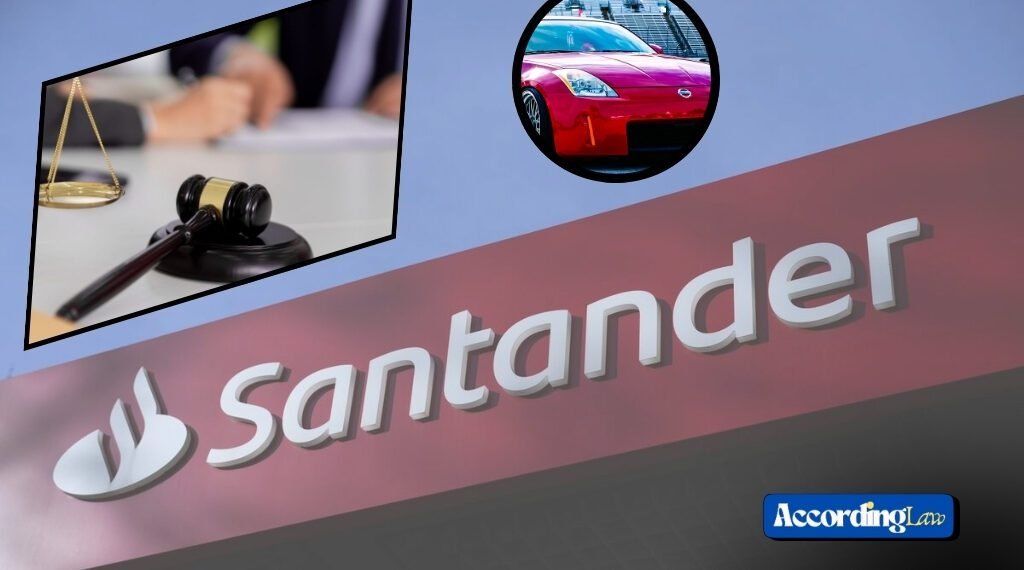Probation has the same definition in Washington, DC, as it is everywhere in the United States. However, the laws guiding how probation violation is handled differ from state to state. In this article, we want to look at the general definition of probation and how DC handles probation violations.
Table of Contents
Probation: Legal Definition and Difference From Parole
Probation is a sentence issued in a criminal lawsuit instead of prison time, usually as part of a plea agreement. Probation differs from parole, which refers to a prisoner’s conditional release before they finish their prison sentence. Although similar, parole is available after the convict has served prison time, while probation is offered instead of jail time.
Meanwhile, parole and probation are similar in that violating either means serving prison time. Furthermore, prisoners do not have a right to parole; a parole board determines their eligibility.
Usually, the paroled prisoner will be supervised by a parole office that ensures the parolee meets the conditions of their release. If the parolee violates these conditions, they may return to prison and serve their sentence fully. These conditions include wearing a monitoring device, maintaining a job, regularly reporting to their parole officer, avoiding substance use, etc.
In probation, however, only first-time offenders are eligible, even with a lesser charge. Also, eligible individuals are supervised by a probation office that also ensures they follow the conditions of their probation. Failure to comply means they may serve time in prison, sometimes longer than they would have served originally.
Does Probation Violation Mean Automatic Jail Time?
You may be charged if you violate your probation in Washington, DC, but that does not mean automatic jail time. Usually, the consequences of the violation will depend on the type of violation and the laws guiding probation violation in DC.
For example, minor violations like drinking a small glass of wine can only attract a stern warning from your probation officer. The individual will attend a probation violation hearing for more serious violations, where a judge determines if the violation stands.
To prove you violated your probation, the prosecutor will prove that you violated your probation terms. In probation hearings, the standard used is “preponderance of the evidence” and not “beyond a reasonable doubt.”
Probation Violation: Common Consequences
As stated earlier, the judge determines whether you violated your probation and the befitting consequences. Here are some of the consequences of violating probation conditions in Washington, DC:
Jail Time After Probation Violation
While an individual can violate the terms of their probation in many ways, they end up in prison for only two violations. These include committing a revocable offense such as absconding or committing new criminal convictions.
If the person on probation is convicted of a new criminal charge, the judge may reinstate their original sentence. Based on the judge’s discretion, they may also add time for the new criminal conviction.
Furthermore, skipping one meeting with your probation officer (absconding) is a serious offense. If one skips, the judge may reinstate the original sentence. A person on probation must always inform their probation officer of their movement.
Can probation violations be dismissed?
Yes, a Washington, DC, judge may dismiss a probation violation charge, especially small technical charges. For example, a probation officer or judge may dismiss failing a urine test or associating with people one was warned not to associate with. Nevertheless, “if you are on probation, full adherence to the terms of your probation as provided is vital,” says attorney David Benowitz of Platinum Criminal Defense Law Firm.


